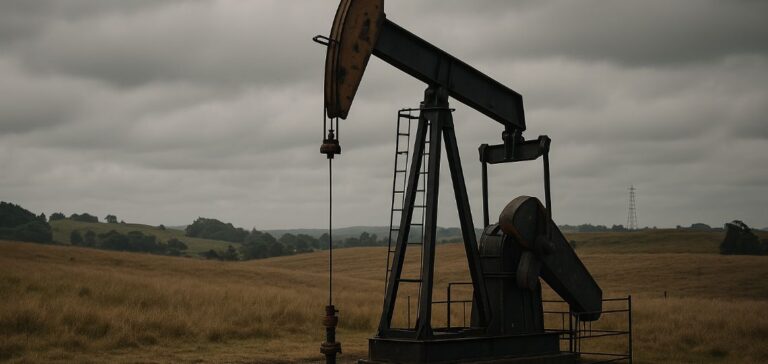TAG Oil Ltd., a Canadian company listed on the TSX Venture Exchange, announced it has entered into a definitive agreement to sell its oil royalty interests in New Zealand to an unrelated third party. The transaction, concluded on April 7, includes an upfront payment of USD 2.2 mn, which incorporates a non-refundable deposit of USD 50,000, and potential milestone payments of up to USD 300,000 by the end of 2027.
The total proceeds could therefore amount to USD 2.5 mn, subject to approval from the TSX Venture Exchange and the fulfilment of contractual conditions. The transaction is expected to close by April 30 at the latest. These royalties stemmed from TAG Oil’s former stakes in New Zealand oil fields, from which the company has gradually divested over recent years.
Strategic shift towards Egypt
Abdel Badwi, Executive Chairman and Chief Executive Officer of TAG Oil Ltd., stated that the sale was part of a strategy to streamline the company’s asset portfolio. Management intends to allocate the funds toward its 2025 capital programme, with a particular focus on Egypt. The company currently holds interests in the BED-1 concession in the Western Desert’s Red Sea Basin and is seeking to expand its presence through additional acquisitions.
Simultaneously, TAG Oil continues efforts to identify a strategic partner for the same Egyptian concession. No further information has been disclosed regarding the identity of the buyer for the New Zealand royalties.
Extension of key executive contracts
In a separate development, TAG Oil has amended the employment agreements of two of its executives. Barry MacNeil, Chief Financial Officer, and Giuseppe Perone, General Counsel and Corporate Secretary, will remain in their positions until 31 December 2025. The extensions include retention bonuses, contingent on both individuals remaining with the company until the specified date.
This continuity in leadership is framed as support for the company’s strategic ambitions in its core markets. The exact amount of the retention bonuses was not specified in the official release.






















